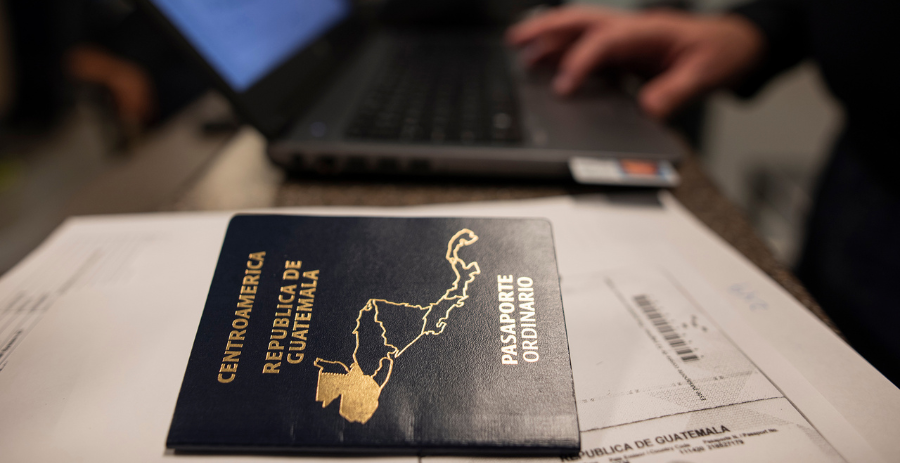arizona
T Visa Rule Overhaul: A New Hope for Human Trafficking Survivors Seeking Immigration Status

PHOENIX – Recently, the U.S. Citizenship and Immigration Services (USCIS) implemented significant changes to the T visa application process, which aids survivors of human trafficking. Advocates in the field are optimistic about the revisions, though some believe certain aspects could complicate the journey for applicants.
The T visa provides a pathway to citizenship for individuals who have endured severe forms of trafficking, including both sex and labor exploitation. Eligible applicants can transition to permanent residency after maintaining T visa status for three years.
Experts indicate that the updated rules, effective August 28, are designed to streamline the visa acquisition process. Alicia Winchel of the International Rescue Committee noted one of the key changes: an improved bona fide determination process that allows applicants to secure work permits and benefits even while awaiting final approval.
Before this adjustment, many applicants were left in a precarious situation—waiting indefinitely without legal status or the ability to work. Now, they may qualify for deferred action, significantly improving their circumstances during the application process.
Despite the positive outlook, there are potential drawbacks. Ezequiel Dominguez from Arizona State University emphasized the complexities surrounding T visas and the necessity for victim cooperation with law enforcement, a requirement that may not always prioritize their well-being.
Additionally, Yesenia Gamez Gamboa, an attorney in Tucson, raised concerns about deportation risks. Although ICE is advised against deporting trafficking victims seeking T visas, the lack of strict prohibition leaves room for uncertainty in enforcement practices.
The revised regulations also alter the burden of proof for victims seeking to demonstrate their status. The new standard requires a “preponderance of evidence,” making it potentially less burdensome to substantiate claims, which has historically been a significant challenge for applicants.
Changes to reporting requirements add another layer of complexity. Victims must now file reports with the jurisdiction where the crime occurred, sometimes complicating their cases when crimes span multiple states.
Despite these hurdles, the rule adjustments pave the way for increased applications and approvals. Victims can now apply for derivative status for family members facing threats due to their circumstances. This reflects a broader understanding of the challenges these individuals encounter.
Experts are optimistic about early indicators of success; Winchel remarked that the first quarter of fiscal year 2024 has already seen unprecedented approval rates for T visas. In fiscal year 2023 alone, USCIS recorded a historic high of applications and approvals.
Rebecca Eissenova, senior staff attorney for ASISTA Immigration Assistance, praised the regulatory changes as vital for providing stability and predictability in an often unstable environment for survivors of trafficking.
For those needing assistance or suspecting human trafficking, the National Human Trafficking Hotline is available 24/7 at 1-888-373-7888.


















